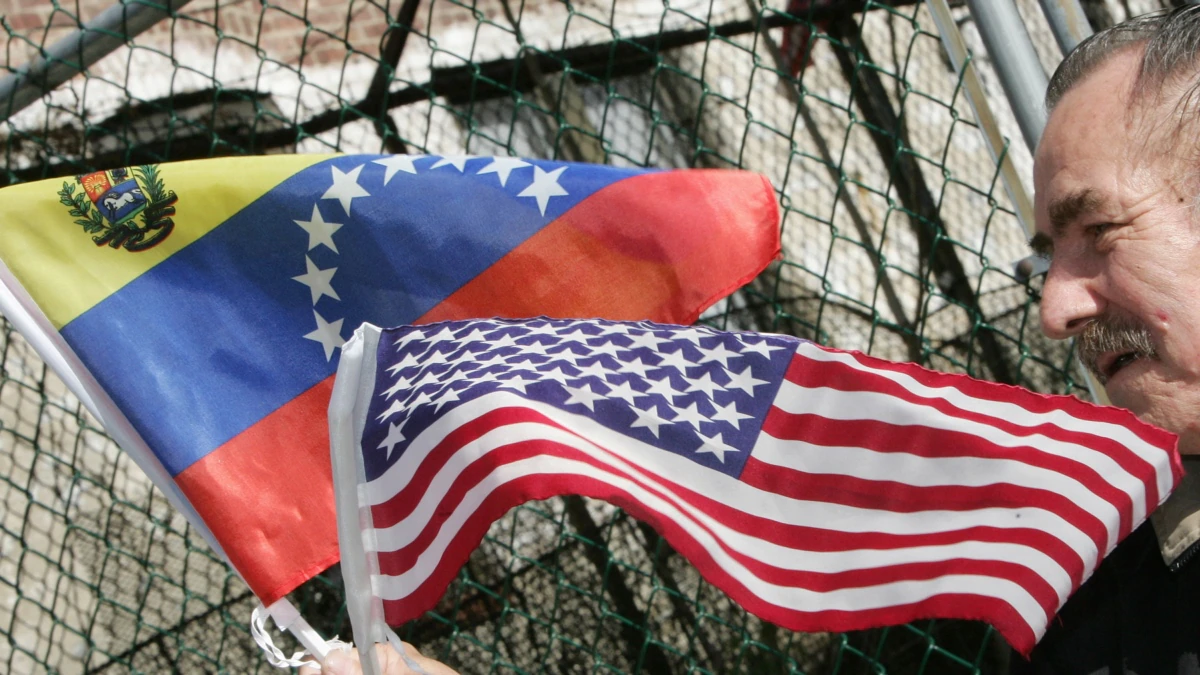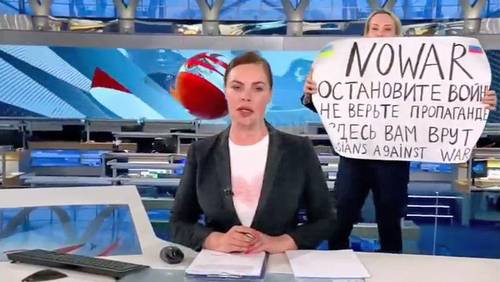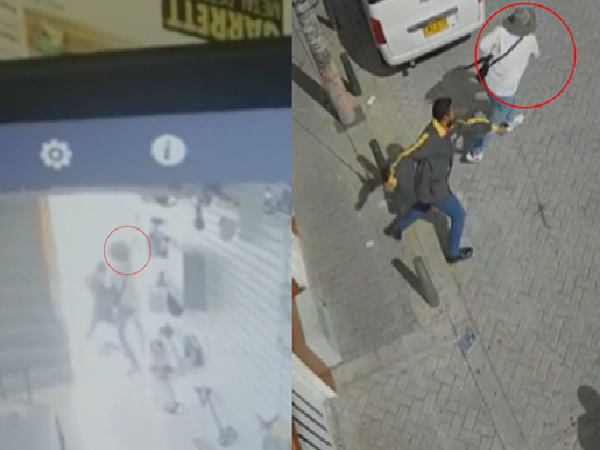Five days after the surprise meeting of President Nicolás Maduro with a delegation from the Biden administration in Caracas, Vice President Delcy Rodríguez met in Turkey with Russian Foreign Minister Serguei Lavrov, a fact that generated greater confusion among many Venezuelans.
How can the meeting with Lavrov be interpreted? Can it be understood as a double play or as an affront to the White House? How could Maduro act from now on, especially after “moderating” his speech? Political scientists consulted by voice of america state their opinion.
Víctor Maldonado, a political analyst and professor at Monteavila University, believes that the Venezuelan government “is going to try to make the maximum possible profit” from its position of being a country “courted” by both Russia and the United States.
In his opinion, “the central problem of the regime” is the sanctions and it would be convenient for him to solve it “without too much alignment”, taking advantage of the “relative weakness” of the US government, which leads it to seek safe energy allies in the hemisphere.
For Maldonado, after the visit of the emissaries from the White House, there was a “real displacement” of the extreme position that the government maintained, in which it could not “play comfortably”, especially in the face of an escalation of the conflict in Ukraine.
“Everything will be seen, more than said”, although no formal declarations from governments arise to guarantee coherence between their principles and precedents, he explains.
Given the interest of the United States on the “rearrangement of access to energy resources”, although it leaves aside “partially” the interest of the democratic reestablishment in Venezuela, the political scientist and representative of the Democracy and Inclusion Movement, Nicmer Evans, says he does not have doubts that Maduro is “against the wall in the lack of definition that is generated as a consequence of the discursive and ideological contradictions.”
Evans points out that Maduro is generating a policy for “his benefit”, which revolves around everything that can guarantee the preservation of power and thinks that he is “forced to realign himself for his own convenience”.
“Russia, with the blockade it suffers, becomes an important element of difficulty for the maneuver of the interests of preserving Maduro’s power, because by blocking the accounts in the main Russian banks, that route does not serve to make a fugitive of their resources,” he added.
However, from the point of view of the dissident political scientist of Chavismo, Venezuela will not fail to preserve the alliance with Russia and is obliged to remain “at an intermediate point in favor of its interests.”
“Meeting with the Russian foreign minister in Turkey is an action of ratification before the US Government, given the apparent geostrategic importance that Venezuela may represent (…) The move is perfect in the search for an appearance of balance and weighting in the actions diplomatic, it also makes us assume things that we cannot affirm, ”he warns.
For Evans, it could be presumed that Vice President Delcy Rodríguez could have fulfilled “some additional work”, as a result of the “derivatives” of the conversation with the White House.
“They could tell the US government that they were realigning their forces in order to meet the objectives (…) So far this ‘double play’ move is going well, with the serious risk that being wrong before some commitments that should have already been assumed with the US and that are in process”, he emphasizes, insisting that Maduro does not have a greater margin of “maneuverability”.
Enderson Sequera, political scientist and director of the Politiks consultancy, states that the analysis of oil experts makes it clear that the US rapprochement is not merely about energy interest and is aimed at an “unknown political interest.”
“In my opinion, Biden is looking for Maduro to act as a mediator with Vladimir Putin to seek a ceasefire on the Russian invasion of Ukraine,” he says in relation to the meeting between Rodríguez and Lavrov.
Mexico and the opposition?
If Maduro manages to build direct bridges with the US government, “he will negotiate with the US.” and the role of Juan Guaidó, considered interim president of Venezuela by dozens of countries, is “ineffective”, considers Maldonado.
“The fact that the US has said that it continues to recognize Guaidó is part of the internal demand for a little consistency with Biden, who is playing with excessive pragmatism. I think the lines are set up, he has already released two people, it is in the interest of the United States to present him to North American society, which primarily watches over the rights and integrity of its citizens,” Maldonado points out.
Regarding the return to Mexico, which could occur on March 24, according to information handled by Evans, it is already part of the agreements with the US, which is already carrying out a direct negotiation process with Maduro, “a government that says not recognize, but with whom he dialogues, with whom he meets and with whom he recognizes the power of direct control of the possibility of oil extraction”.
What to expect?
Sequera agrees that the White House and Miraflores are currently in a process of building trust, one of Maduro’s three objectives along with the lifting of sanctions and international recognition. In that sense, he believes that it is to be expected that they continue exchanging gestures to consolidate the process.
“It would not be surprising if, in the coming weeks, we see more releases of CITGO managers imprisoned in Venezuela. Additionally, Maduro will moderate the rhetoric in favor of Russia and will advocate for peace and negotiation”, he estimates.
The director of Politiks considers that Maduro will play a game that, on the one hand, will allow him to foster relations of trust with the United States and, on the other hand, will continue to show support for Russia, although “decreasing the intensity of the rhetoric to position himself as a mediator trustworthy”.
“The relationship with the United States is potential, the alliance with Russia is real”, he concludes and adds that the equation could change due to a drastic change on the ground in the Russian invasion “either in favor of Ukraine or Russia that alters the calculations of Miraflores.
Asked about the rapprochement between Venezuela and the United States, the Russian ambassador to Venezuela, Sergey Melik-Bagdasárov, said over the weekend that he considers the White House delegation’s trip “as a sign that they have recognized their policies wrong about Venezuela.
“It is evidence that they have now learned that there is only one government here, that of President Nicolás Maduro, there is no other here. It is evidence of correcting his mistakes, trying to correct them, over time they will learn from us too, ”he assured in an interview broadcast through the State channel.
Connect with the Voice of America! Subscribe to our channel Youtube and turn on notifications, or follow us on social media: Facebook, Twitter and Instagram.








